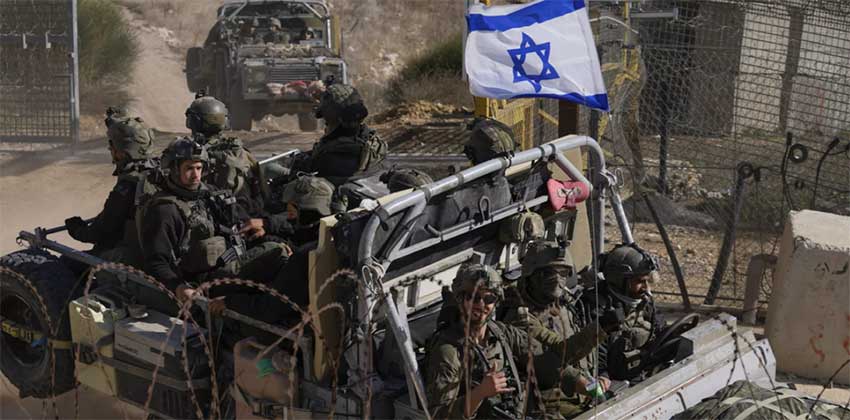The Syria Crisis and Israel’s military involvement in the region have become two of the most pressing issues in the Middle East, with far-reaching geopolitical consequences.
Syria Crisis: Ongoing Civil War and Humanitarian Disaster
The Syrian Civil War, which erupted in 2011, began as peaceful protests calling for greater political freedom. However, the violent crackdown by President Bashar al-Assad’s government quickly escalated into a brutal conflict that has caused over 500,000 deaths and displaced millions of people. The war has attracted multiple international actors, including Russia and Iran, who have supported Assad’s government, and Turkey and the United States, who have supported opposition factions.
While the war has largely shifted in favor of Assad’s forces, major challenges remain, including the ongoing struggle for control over key regions, particularly in the northwest (Idlib province). The conflict continues to devastate the civilian population, with widespread destruction of infrastructure and long-term economic and social impacts.
Israel’s Military Attacks: A Focus on Security Threats
Israel’s involvement in the Syrian conflict has primarily focused on countering the growing military presence of Iran and Hezbollah in Syria. Both groups have been key allies of Assad, and Israel views them as significant security threats due to their hostility toward Israel and their proximity to its borders. In response, Israel has carried out frequent airstrikes against weapons depots, Iranian military bases, and Hezbollah positions in Syria.
Israel’s primary concern is preventing Iran’s entrenchment in Syria, particularly the establishment of military bases that could be used to launch attacks on Israel. The Israeli government has also targeted advanced weapons shipments intended for Hezbollah, which has become a powerful military force with a significant presence in southern Lebanon, near Israel’s northern border.
Tensions and Geopolitical Implications
While Assad’s forces have regained control of most of Syria, the Syrian conflict remains unresolved. Tensions continue to simmer in regions like Idlib and the Golan Heights, which Israel captured from Syria in 1967. Despite Assad’s dominance, Turkey and Kurdish forces in northern Syria remain active, and the risk of new confrontations persists.
Israel’s strikes in Syria, aimed at disrupting Iranian and Hezbollah operations, remain an ongoing flashpoint in the region. These actions, along with the broader Syrian crisis, are likely to have long-lasting geopolitical effects, with no clear resolution in sight.
The humanitarian cost of the Syrian conflict continues to rise, with millions displaced and ongoing struggles to rebuild a nation torn apart by war. Meanwhile, Israel remains vigilant in its efforts to protect its borders from hostile forces, keeping the region in a constant state of volatility.
